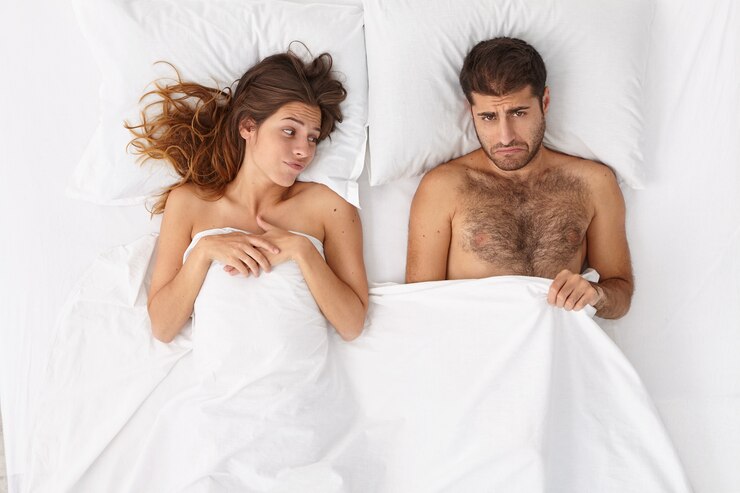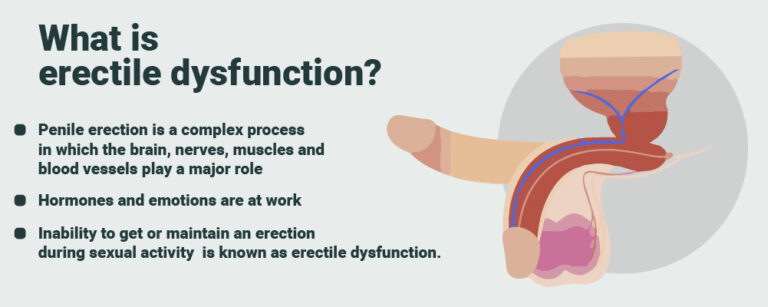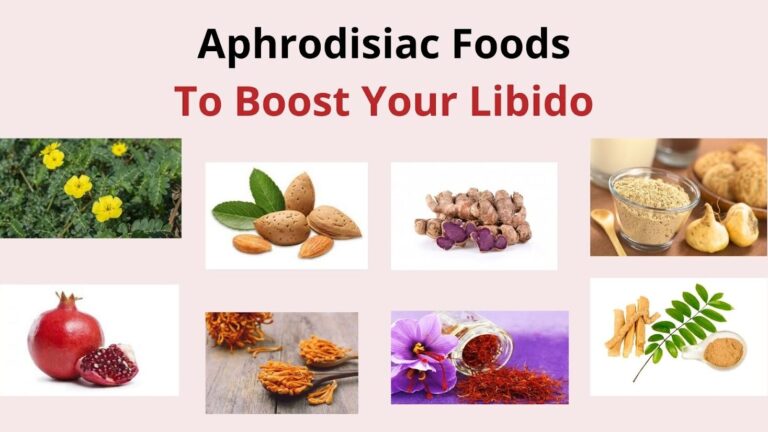Masturbation and Hair Loss: How Solo Play Can Impact Your Hair Health and Appearance
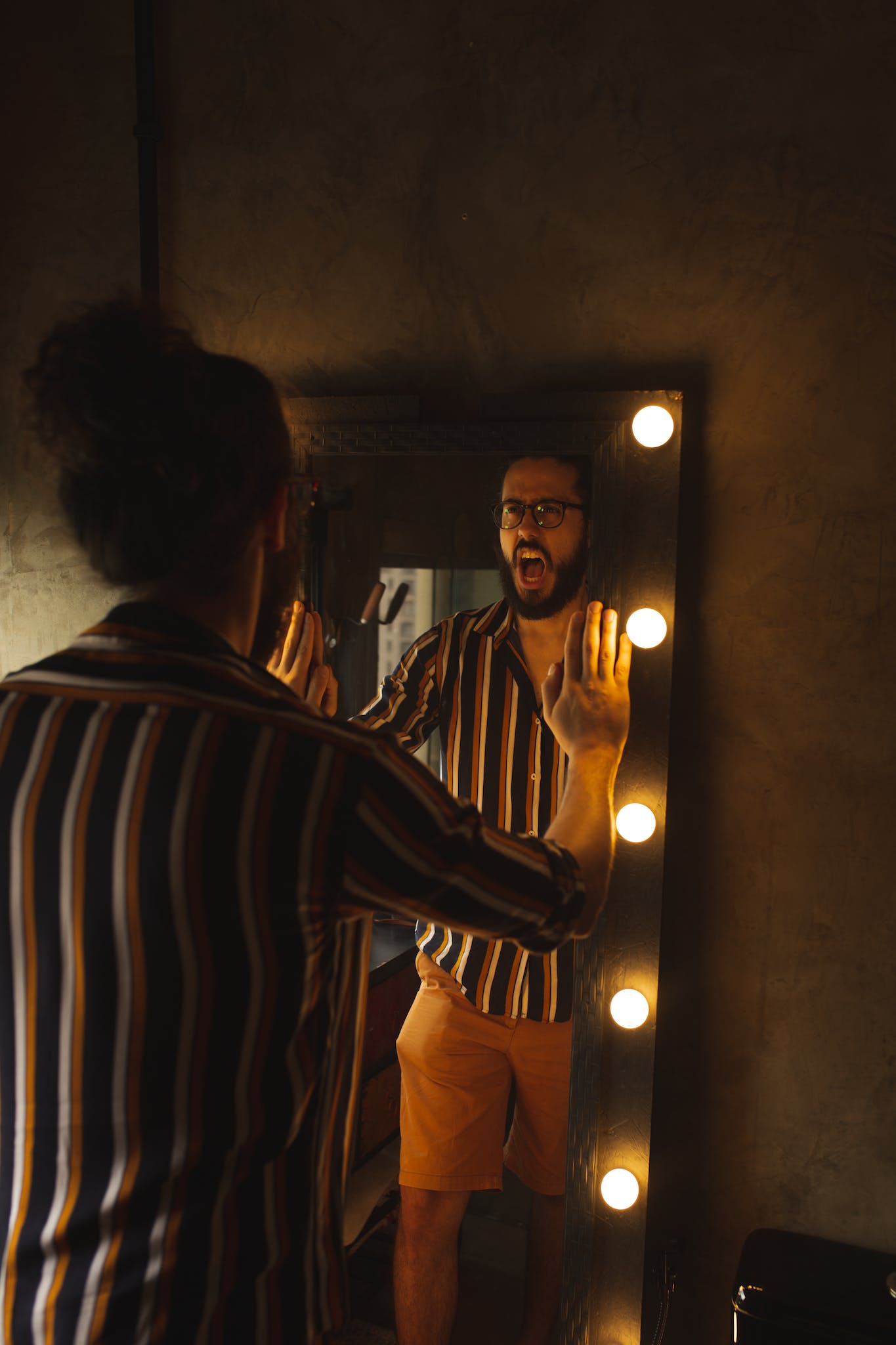
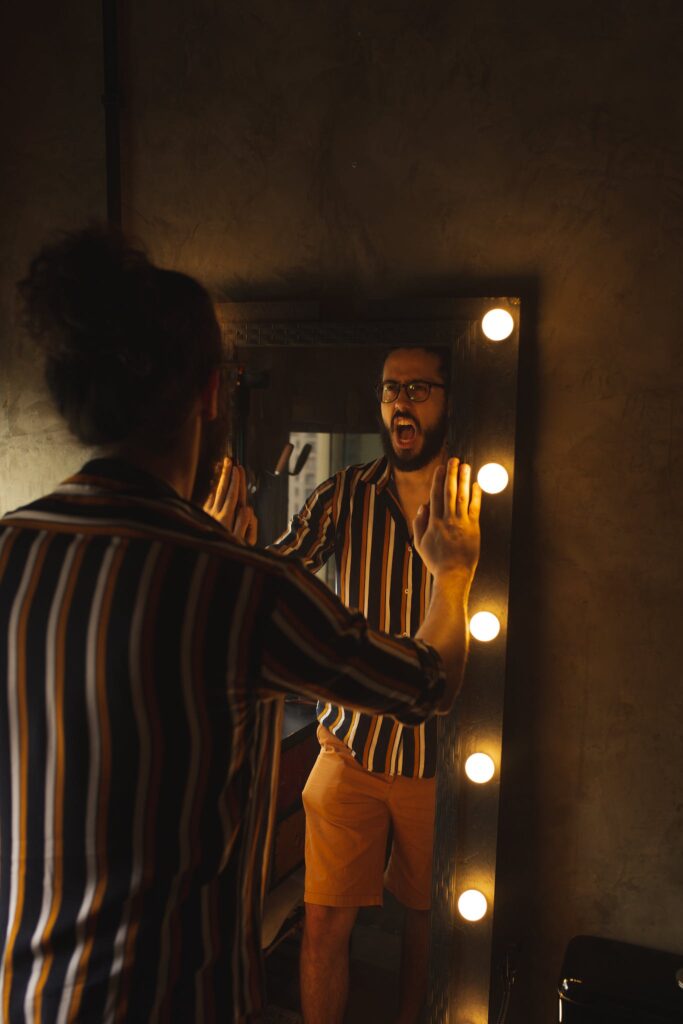
The Connection Between Sexual Activity and Hair Health
masturbation is a natural and it has been a subject of interest and curiosity for centuries. While there is a wealth of information available on the physiological, emotional, and psychological effects of masturbation, one area that remains relatively unexplored is the connection between masturbation and hair health.
More specifically, there is limited scientific evidence directly linking sexual activity to hair growth or hair loss. A common myth suggests that frequent masturbation or sexual intercourse can lead to hair thinning or baldness. However, there is no substantial scientific basis to support this claim. Several factors, such as genetics, hormone levels, and overall health, play a more significant role in determining hair health and growth.
Understanding the factors influencing hair growth and loss is essential for dispelling myths and misconceptions surrounding sexual activity and hair health. While sexual activity is a normal part of life, it is important to recognize that hair health is influenced by a combination of various internal and external factors. By examining the role of hormones, genetics, lifestyle choices, and scalp health, we can gain a better understanding of how to promote healthy hair and reduce the risk of hair loss.
Understanding the Factors Influencing Hair Growth and Loss
Hair growth and loss are complex processes influenced by a variety of factors. One important factor is genetics. The genes inherited from our parents play a significant role in determining our hair growth patterns and potential for hair loss.
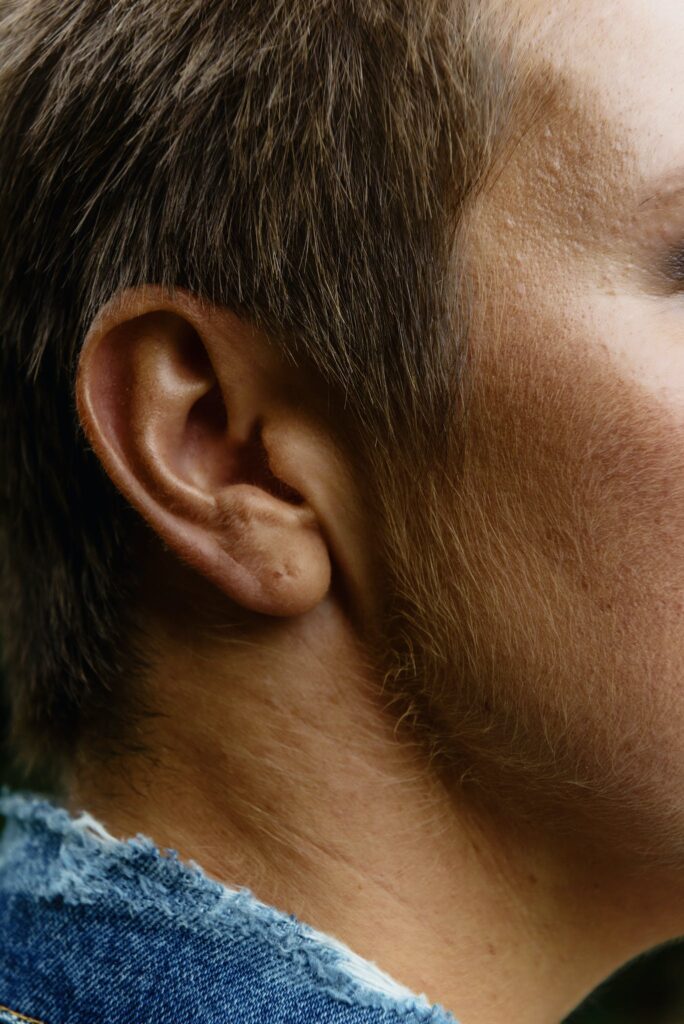
Hormones also play a crucial role in hair growth. Androgens, such as testosterone, can stimulate hair follicles, leading to hair growth. However, in certain individuals, an excess of androgens or increased sensitivity to these hormones can cause hair thinning or loss.
Other factors that can influence hair growth and loss include age, nutrition, and overall health. As we age, our hair follicles may become less active, leading to slower hair growth. Poor nutrition, specifically a lack of essential vitamins and minerals, can also affect hair health and growth. Additionally, certain medical conditions, such as thyroid disorders or autoimmune diseases, can interfere with the hair growth cycle.
Understanding these factors is crucial in maintaining healthy hair. By identifying any underlying issues, individuals can make informed decisions about their hair care routine and seek appropriate medical interventions when necessary. However, it’s important to note that while factors like masturbation are often mentioned in relation to hair loss, scientific evidence linking the two is currently lacking. Satisfying the natural curiosity, it is essential to separate fact from fiction and rely on scientific research to make informed choices about hair health.
Exploring the Myths and Misconceptions about Masturbation and Hair Loss
There are many myths and misconceptions surrounding the connection between masturbation and hair loss. One common belief is that frequent masturbation can lead to hair thinning or baldness. However, there is no scientific evidence to support this claim. In fact, numerous studies have explored the relationship between sexual activity and hair health, and none of them have found a direct link between masturbation and hair loss.
Hair growth and loss are complex processes influenced by various factors such as genetics, hormones, lifestyle choices, and overall health. While hormones play a crucial role in hair health, there is no evidence to suggest that the hormonal changes that occur during sexual activity or masturbation have any negative impact on hair growth. It is important to note that hair loss is a natural part of the hair growth cycle, and an individual may experience temporary hair shedding regardless of their sexual activity.
Demystifying the Role of Hormones in Hair Health
Hormones play a critical role in maintaining the overall health of our bodies, and this extends to our hair as well. One of the primary hormones involved in hair health is dihydrotestosterone (DHT), a derivative of testosterone. DHT is believed to be responsible for miniaturizing hair follicles, leading to hair thinning and eventually hair loss. However, it’s important to note that the relationship between hormones and hair health is complex and influenced by various factors such as genetics, age, and overall health.
Another hormone that can impact hair growth is estrogen. This hormone is typically associated with women but is also present in men, albeit in smaller amounts. Proper estrogen levels are essential for maintaining healthy hair follicles and promoting hair growth. Imbalances in estrogen levels, such as during menopause or certain medical conditions, can lead to hair thinning or excessive hair shedding. It’s crucial to maintain a healthy hormone balance to support optimal hair health.
While hormones certainly play a role in hair health, it’s important to remember that they are just one piece of the puzzle. Factors such as genetics, lifestyle choices, and scalp health also have a significant impact on the condition of our hair. Understanding the complex interplay between hormones and these other factors can help individuals make informed decisions about hair care and potentially mitigate the risk of hair loss.
The Impact of Stress on Hair Loss and How Masturbation Fits In

Stress is a common and unavoidable part of life, and it can have a profound impact on our overall health and well-being. When it comes to hair health, stress has been shown to be a significant factor in hair loss. The exact mechanisms behind this relationship are complex and not fully understood, but research suggests that stress can disrupt the hair growth cycle.
One study conducted on mice found that chronic stress led to hair follicle regression and premature entry into the resting phase of the hair growth cycle (telogen phase). This resulted in a decreased number of actively growing hairs and an increase in hair shedding. Another study conducted on humans found a significant correlation between perceived stress levels and hair loss severity.
So, how does masturbation fit into this equation? Masturbation is a normal and healthy sexual activity that is often associated with stress relief. It releases endorphins, which can help reduce stress levels and promote relaxation. However, there is limited scientific evidence directly linking masturbation to hair loss. While some anecdotal reports suggest a connection, more research is needed to determine if there is a causal relationship between the two.
In conclusion, stress can indeed play a role in hair loss, but the relationship between masturbation and hair loss is not well-established. It is important to manage stress effectively through healthy coping mechanisms, such as exercise, mindfulness techniques, and seeking support from loved ones or professionals. As always, maintaining a balanced lifestyle, including a nutritious diet and proper hair care practices, is essential for promoting overall hair health.
Debunking the Claims of Excessive Masturbation Leading to Hair Thinning
There has been a long-standing belief that excessive masturbation can lead to hair thinning or even baldness. However, it is important to debunk this claim and understand the facts behind it. Several studies have been conducted to investigate the connection between masturbation and hair loss, and the results have consistently shown that there is no direct link between the two.
One key factor to consider is the role of hormones in hair health. Hair loss, also known as alopecia, is primarily influenced by factors such as genetics, hormonal imbalances, and specific medical conditions. While masturbation does not directly impact these factors, it is important to note that hormonal fluctuations can occur during sexual stimulation. These fluctuations are temporary and do not have a significant impact on hair growth or loss in the long term. So, rest assured, excessive masturbation is unlikely to cause hair thinning or baldness.
The Importance of a Balanced Diet for Maintaining Healthy Hair
A balanced diet plays a crucial role in maintaining the health of our hair. Our hair is primarily made up of protein, so it’s important to include adequate amounts of high-quality protein in our diet. Foods such as lean meats, poultry, fish, eggs, and legumes are excellent sources of protein and should be incorporated into our meals regularly.
In addition to protein, certain vitamins and minerals are essential for healthy hair growth. Vitamin A, for example, helps to produce sebum, which moisturizes the scalp and keeps our hair strands healthy. Good sources of vitamin A include carrots, spinach, sweet potatoes, and liver. Similarly, vitamin E acts as a potent antioxidant that promotes blood circulation in the scalp, supporting hair follicle health. Foods rich in vitamin E include nuts, seeds, and leafy green vegetables.
Other important nutrients for healthy hair include biotin, zinc, and iron. Biotin aids in the production of keratin, a protein that forms the structure of our hair, while zinc and iron are essential for proper hair growth and maintenance. Foods such as whole grains, nuts, legumes, and lean meats are excellent sources of these nutrients.
By adopting a balanced diet filled with nutrient-rich foods, we nourish our hair follicles from within, providing them with the necessary building blocks for optimal growth and health. However, it’s important to note that individual nutrient needs may vary, and consulting with a healthcare professional or registered dietitian can help create a personalized diet plan that supports overall hair health.
Examining the Role of Genetics in Hair Loss
Genetics play a significant role in hair loss, particularly in male pattern baldness. This condition, known as androgenetic alopecia, is strongly influenced by inherited genes. According to studies, the gene responsible for male pattern baldness is passed down from both the mother and father’s side of the family. However, it’s important to recognize that genetic predisposition does not guarantee hair loss. It simply increases the likelihood of experiencing it.
Research has identified specific genes associated with hair loss, such as the androgen receptor gene and the 5-alpha-reductase gene. These genes affect the sensitivity of hair follicles to androgens, the male hormones responsible for hair growth regulation. Individuals with certain variations in these genes may be more susceptible to hair loss.
Despite the strong influence of genetics, it is essential to remember that various other factors can contribute to hair loss. Lifestyle choices, hormonal imbalances, stress, and nutritional deficiencies also play a significant role. Understanding the complex interplay of genetic and environmental factors is crucial in addressing hair loss and developing personalized treatment approaches.
How Lifestyle Choices Affect Hair Health and Potential Hair Loss
Maintaining healthy hair involves a combination of good genetics and lifestyle choices. Our everyday choices can significantly impact the health of our hair. From diet and exercise to stress management and grooming practices, these lifestyle factors play a crucial role in determining hair health and the potential for hair loss.
A balanced diet rich in essential nutrients such as vitamins, minerals, and proteins is vital for healthy hair growth. Nutrients like biotin, vitamin C, zinc, and iron are particularly important for promoting hair health. Incorporating foods like eggs, nuts, spinach, and fish into your diet can provide these essential nutrients and contribute to stronger, more vibrant hair.
On the other hand, certain lifestyle choices, such as excessive use of heat styling tools, harsh chemical treatments, and constant pulling and tugging on the hair, can lead to damage and hair loss. It is important to maintain a gentle hair care routine and avoid excessive heat or chemical exposure. Regularly trimming split ends and using quality hair care products that suit your hair type can help minimize damage and maintain the overall health of your hair.
The Role of Scalp Health in Maintaining Strong and Vibrant Hair
The scalp plays a vital role in maintaining the strength and vibrancy of our hair. It acts as the foundation for healthy hair growth by providing essential nutrients and oxygen to the hair follicles. When the scalp is in good health, it creates an optimal environment for hair to thrive. On the other hand, an unhealthy scalp can lead to various hair problems such as hair thinning, dandruff, and even hair loss.
One key aspect of scalp health is maintaining a proper balance of oil production. The sebaceous glands in the scalp produce oils known as sebum, which help to moisturize and protect the hair strands. However, when these glands produce excessive sebum, it can lead to a buildup on the scalp, clogging the hair follicles and impeding hair growth. Conversely, insufficient sebum production can result in a dry and itchy scalp, which can also hinder healthy hair growth. Taking care of the scalp by keeping it clean, gently exfoliating to remove dead skin cells, and using appropriate hair care products can help maintain the optimal balance of sebum production and promote strong and vibrant hair.
In addition to proper oil balance, scalp health is also influenced by factors such as blood circulation and pH balance. Good blood circulation ensures that the hair follicles receive an adequate supply of oxygen and nutrients, promoting healthy hair growth. Massaging the scalp regularly can help improve blood flow to the hair follicles. Maintaining a balanced pH level is also crucial for scalp health, as an imbalanced pH can disrupt the natural protective barrier of the scalp and make it more susceptible to damage. Using pH-balanced hair care products and avoiding harsh chemicals can help maintain a healthy scalp pH, supporting strong and vibrant hair.
Understanding Hair Growth Cycles and the Influence of Masturbation
Hair growth cycles are a natural process that every individual goes through. Understanding these cycles can help individuals better comprehend how their hair grows and whether external factors, such as masturbation, can have an impact. The hair growth cycle consists of three main stages: anagen, catagen, and telogen.
During the anagen phase, which typically lasts two to six years, the hair follicles actively produce new hair cells. This results in visible hair growth. The length of the anagen phase varies among individuals and determines the maximum length their hair can reach. Once the anagen phase is complete, the hair enters the catagen phase, which lasts for a few weeks. In this stage, the hair follicles shrink and detach from the blood supply, halting the production of new hair cells. Finally, the hair moves into the telogen phase, also known as the resting phase, where it remains for two to four months before shedding naturally.
Tips and Strategies for Promoting Hair Health and Reducing Hair Loss Risk
Maintaining healthy hair requires a combination of proper nutrition, scalp care, and lifestyle choices. To promote hair health and reduce the risk of hair loss, it is important to focus on a balanced diet that includes essential nutrients such as vitamins A, C, D, and E, as well as minerals like zinc and iron. These nutrients play a critical role in supporting the growth and strength of hair follicles.
In addition to a nutritious diet, regular scalp care is essential for maintaining strong and vibrant hair. Gentle cleansing with a mild shampoo and conditioner can help remove dirt and excess oil, while minimizing damage to the hair strands. Massaging the scalp stimulates blood flow and promotes hair growth, so incorporating a scalp massage into your hair care routine can be beneficial.
In summary, adopting a balanced diet and paying attention to scalp care are key strategies for promoting hair health and reducing the risk of hair loss. By providing the necessary nutrients and maintaining a healthy scalp environment, individuals can support the growth and maintenance of their hair. However, it is important to note that individual genetics and various factors can also contribute to hair loss, so consulting with a healthcare professional is always recommended for personalized advice and guidance.
Is there a connection between sexual activity and hair health?
Yes, sexual activity can have an impact on hair health, but it is not the sole factor. Other factors such as hormones, genetics, and lifestyle choices also play a role.
What are the factors that influence hair growth and loss?
Several factors influence hair growth and loss, including genetics, hormones, age, nutrition, scalp health, and stress levels.
Is there any truth to the myths and misconceptions about masturbation and hair loss?
No, there is no scientific evidence to support the claim that masturbation directly leads to hair loss. It is a common myth with no basis in reality.
How do hormones affect hair health?
Hormones, such as testosterone and estrogen, can influence hair growth. Hormonal imbalances can lead to hair loss or thinning, but masturbation does not directly affect hormone levels.
Can stress contribute to hair loss? How does masturbation fit into this?
Yes, excessive stress can contribute to hair loss. Masturbation is a natural and healthy activity that can actually help reduce stress levels, so it does not directly contribute to hair loss.
Is excessive masturbation a cause of hair thinning?
No, there is no scientific evidence to support the claim that excessive masturbation causes hair thinning. Hair loss is typically caused by more complex factors such as genetics and hormonal imbalances.
How important is a balanced diet for maintaining healthy hair?
A balanced diet is crucial for maintaining healthy hair. Nutrients like vitamins, minerals, and proteins are essential for promoting hair growth and preventing hair loss.
How does genetics contribute to hair loss?
Genetics can play a significant role in hair loss. If you have a family history of hair loss, you may be more prone to experiencing it yourself.
Can lifestyle choices affect hair health and potential hair loss?
Yes, certain lifestyle choices can affect hair health and contribute to hair loss. Factors such as smoking, excessive alcohol consumption, and poor nutrition can all impact the condition of your hair.
How does scalp health influence hair health?
The health of your scalp directly affects the health of your hair. A clean and well-maintained scalp promotes healthy hair growth, while issues like dandruff or scalp infections can lead to hair loss.
What is the influence of masturbation on hair growth cycles?
Masturbation does not directly influence hair growth cycles. Hair growth and shedding occur naturally in cycles, and masturbation does not disrupt or alter this process.
What are some tips and strategies for promoting hair health and reducing the risk of hair loss?
Some tips for promoting hair health include maintaining a balanced diet, avoiding excessive heat or chemical treatments, practicing stress-management techniques, and keeping the scalp clean and moisturized. Additionally, consulting a healthcare professional or dermatologist can provide personalized advice and treatment options.




